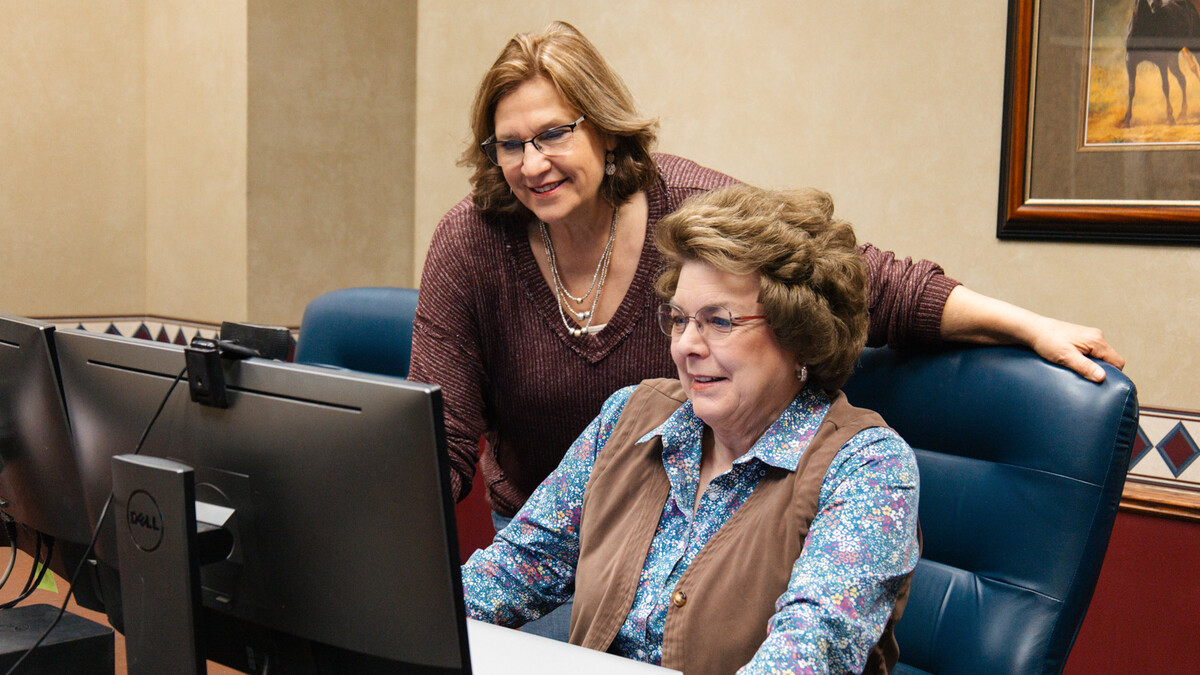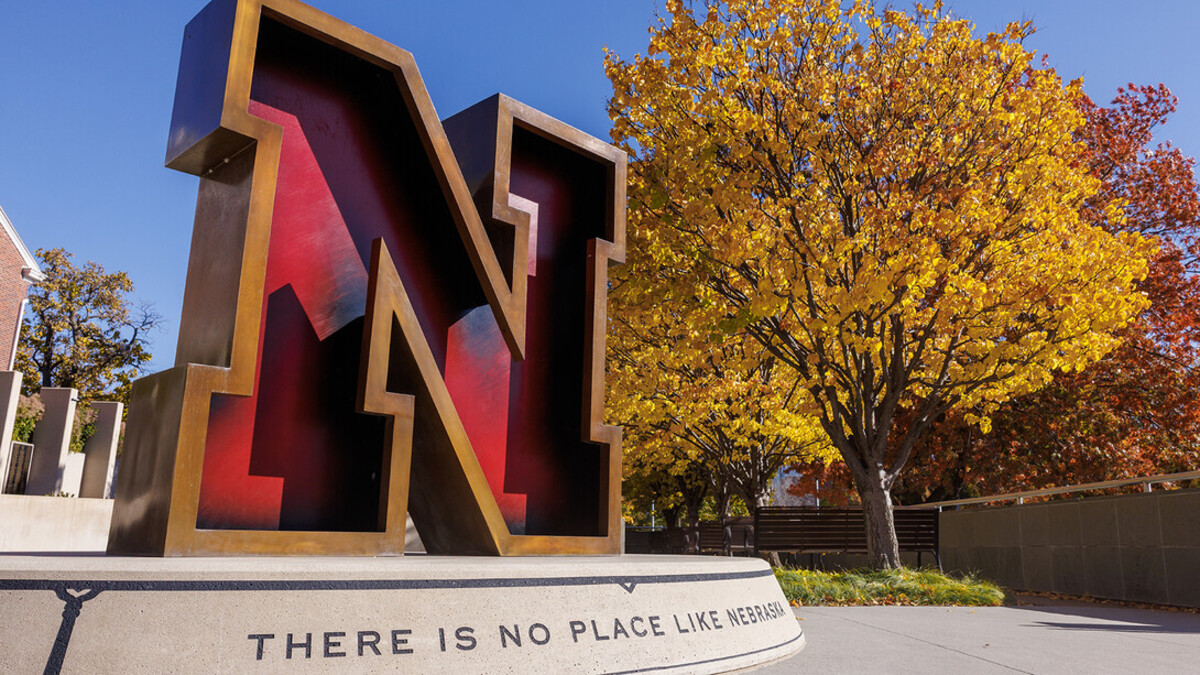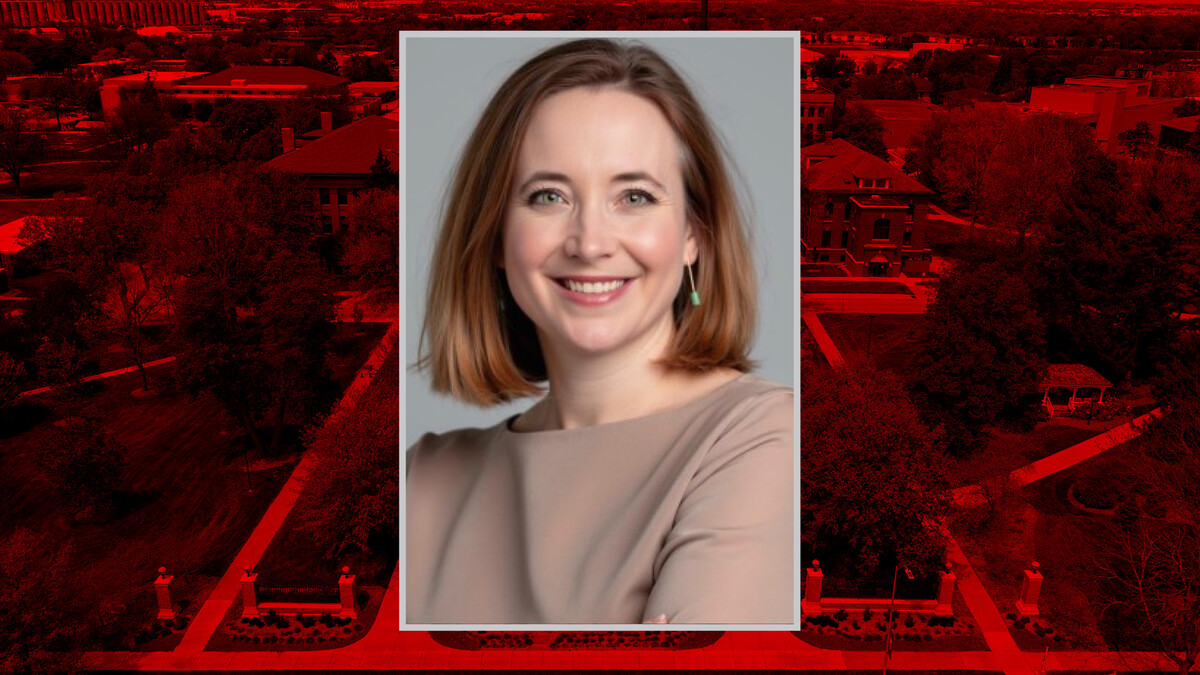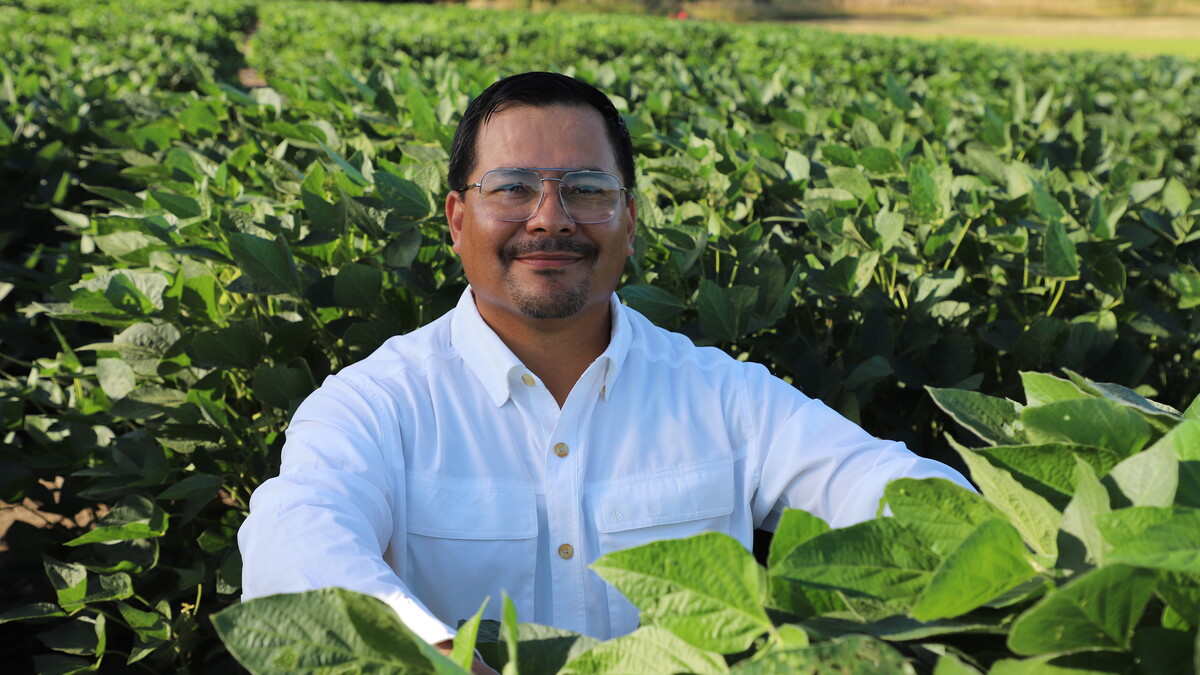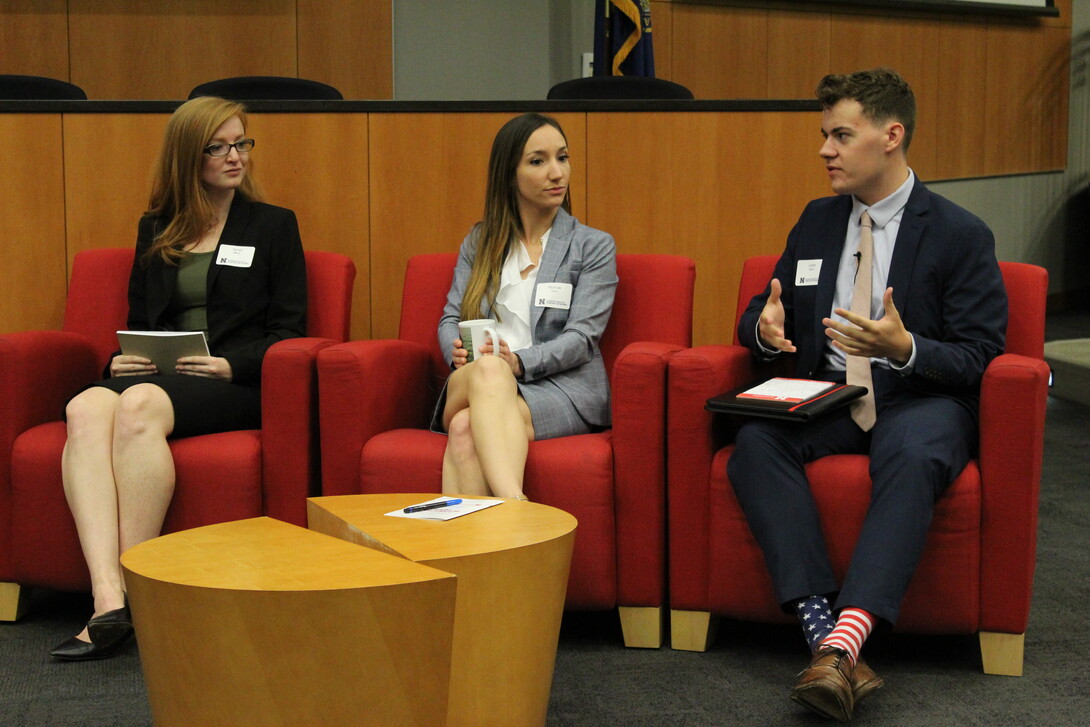
October 22, 2019
Lincoln, Neb. — Students from the University of Nebraska–Lincoln had the chance to discuss timely and serious topics concerning international trade during a one-day conference hosted Oct. 10 by the Clayton Yeutter Institute of International Trade and Finance.
During a lunchtime panel, three university students interviewed Darci Vetter, Vice Chair for Agriculture, Food and Trade at Edelman. The ongoing trade war with China dominated the conversation, with law student Sarah Barrett kicking off the panel by asking the former Chief Agricultural Negotiator about possible solutions to U.S.-China trade tensions. Vetter highlighted the size of China’s market, saying that “no country can really decouple from a billion and a half consumers.” She also emphasized that the future of the agricultural sectors in the U.S. and China, as well as other sectors, are closely tied together, and that trade is intertwined with other areas of the overall relationship.
“I’ve been thinking a lot more about whether having a trade conversation and an ag productivity conversation and a security conversation separately really gets us to the set of tradeoffs we might need to try and change their [China’s] behavior,” Vetter said.
Given the current state of global trade relations, law student Nichole Sklare asked Vetter her thoughts on what bilateral and multilateral agreements the U.S. should be pursuing. Vetter narrowed in on southeast Asia, India and Africa, citing population growth and an increase in purchasing power in those regions.
“That’s where the economic dynamism is going to be and that’s where our consumers are going to be from an ag perspective so I would really like to see us have an offensive trade agenda in establishing those relationships,” Vetter said.
Economics major Justin Myers asked about what can be done to sell society on trade, especially the younger generation. Vetter said that not enough has been done to connect the dots and make trade real for people, which speaks to the mission of the Yeutter Institute.
“The benefits are around us every day,” Vetter said. “The great amount of choice for goods from around the globe and at relatively affordable prices – we take it for granted and don’t think about the systems and the relationships that make that possible.”
Public perception of trade also came up during the conference’s keynote remarks from Edward Alden, Ross Distinguished Visiting Professor at Western Washington University and Senior Fellow at the Council on Foreign Relations. Alden described the post-World War II trading system as “a steadily advancing effort to minimize uncertainty in global commerce” and outlined the benefits it has helped bring about around the globe. He discussed possible causes of the current backlash against that system, including the failure of domestic policy to mitigate the unequal impacts of growing trade. He also pointed to a disconnect between Washington and the public on trade policy as a complicating factor.
“While public opinion seems to be somewhat more favorable to trade these days, that has not influenced the parties in Washington,” Alden said.
Many of the themes discussed during the conference are also covered on Trade Matters, a podcast of the Yeutter Institute. Currently in season one, the podcast aims to make trade relatable, considering new developments, longstanding trends and the potential impacts of both. New episodes of Trade Matters are released biweekly and are available on iTunes, Stitcher and other major podcast platforms.
The vision of University of Nebraska alumnus and renowned trade expert Clayton Yeutter, the Yeutter Institute connects academic disciplines related to law, business and agriculture to prepare students for leadership roles in international trade and finance, support interdisciplinary research and increase public understanding of these issues.
To learn more about the Yeutter Institute, visit https://yeutter-institute.unl.edu/.
Contact:
Jill O'Donnell
Director
Clayton Yeutter Institute of International Trade and Finance
402-472-2119
jodonnell2@unl.edu



